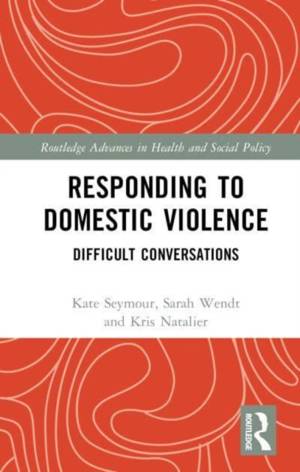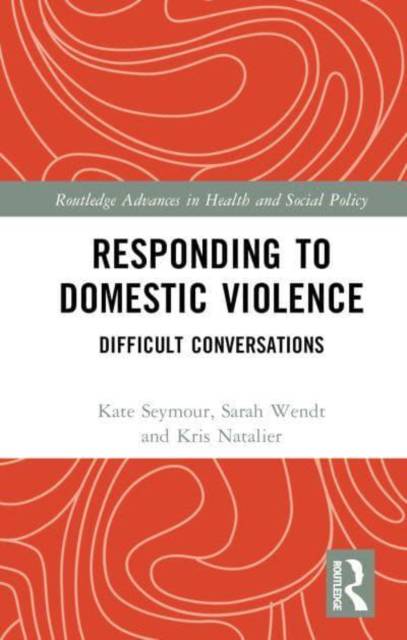
- Retrait gratuit dans votre magasin Club
- 7.000.000 titres dans notre catalogue
- Payer en toute sécurité
- Toujours un magasin près de chez vous
- Retrait gratuit dans votre magasin Club
- 7.000.0000 titres dans notre catalogue
- Payer en toute sécurité
- Toujours un magasin près de chez vous
Description
This book reflects on the problem of domestic violence by thinking critically about policy and practice responses. Moving beyond accounts of men's violence embedded in metaphors of 'good' and 'bad men', or as the expressions of particular structures and practices, it initiates challenging conversations concerning the ways in which our embeddedness in gendered discourses shapes the responses that we imagine are possible and desirable.
Innovative in its embrace of feminist poststructural theorising to both challenge and enrich responses to men's use of domestic violence, each chapter is dedicated to exploring a particular area of tension, unpicking the tangles and knots of complexity that characterise much domestic violence policy and practice. Case studies ground the chapters, providing a focus for thinking through the dilemmas, challenges, and contested nature of ideas, meanings, and practices in this space. Rather than presenting easy answers, each chapter provides a forum for the exploration of ambiguity and complexity - to acknowledge the discomfort and sit with this, not rush to resolve it. Situated within this contested, uncomfortable terrain, this book presents a small - but important - step towards a reimagining of the ways in which we think about and respond to domestic violence.
It will be of interest to scholars and students of gender studies, sociology, health, and social care.
Spécifications
Parties prenantes
- Auteur(s) :
- Editeur:
Contenu
- Nombre de pages :
- 130
- Langue:
- Anglais
- Collection :
Caractéristiques
- EAN:
- 9780367774288
- Date de parution :
- 24-02-23
- Format:
- Livre relié
- Format numérique:
- Genaaid
- Dimensions :
- 129 mm x 198 mm
- Poids :
- 452 g

Les avis
Nous publions uniquement les avis qui respectent les conditions requises. Consultez nos conditions pour les avis.






